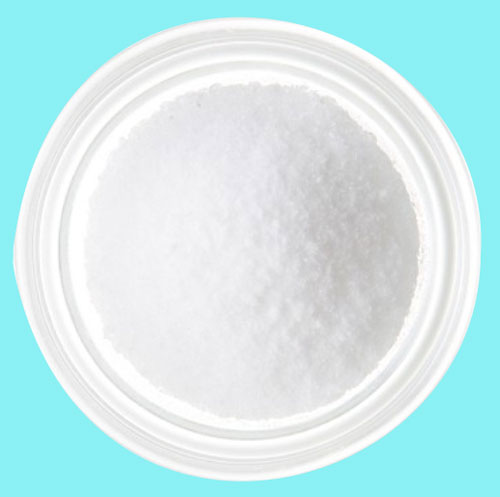I. Understanding Sodium Hexametaphosphate
Sodium hexametaphosphate is an inorganic compound with the chemical formula Na6O18P6.
Sodium hexametaphosphate uses are very wide in various fields. In the food industry, it can act as a softening agent for pectin products, enhancing the texture of fruits and increasing the adhesiveness of meat products, fruit, bean paste, and soy sauce. It also functions as a preservative to reduce food oxidation and an expansion agent for ice cream to prevent its shape from being damaged.
In the industrial sector, sodium hexametaphosphate is used as a softening agent for boiler water, dye production water, iron oxide powder production water, printing and dyeing water, and various chemical products and pharmaceutical production water. It can also serve as a water treatment agent for industrial circulating cooling water, a paper diffusion agent, washing aid, cement hardening accelerator, metal preservative, corrosion inhibitor, and flotation agent. Additionally, its strong chelating ability with metals enables it to be applied in washing iron ions from metal utensils and chemical fibers.
II. Health Risks Associated with Sodium Hexametaphosphate

A. Impact on Respiratory System
Sodium hexametaphosphate dust can pose significant risks to the respiratory system. When present in the air, this dust can irritate the eyes, nose, mouth, and respiratory mucosa. Inhaling this dust can lead to the development of tracheitis and bronchitis. The fine particles can enter the respiratory tract and cause inflammation and irritation. According to research, prolonged exposure to such dust can exacerbate these conditions and may lead to long-term respiratory problems. For example, in industrial settings where sodium hexametaphosphate is commonly used, workers are at a higher risk of developing respiratory issues if proper safety measures are not in place.
B. Effects on Eyes
If sodium hexametaphosphate gets into the eyes, it can cause conjunctivitis. The chemical nature of this compound can irritate the delicate tissues of the eye, leading to redness, itching, and inflammation. In severe cases, it may even cause damage to the cornea and impair vision. Eye exposure can occur in various situations, such as during handling or in case of accidental spills. Immediate flushing with clean water is recommended in case of eye contact to minimize the damage.
C.Digestive System Damage
Ingestion of sodium hexametaphosphate can have serious consequences for the digestive system. It can result in digestive tract burns, mucosal erosion, and bleeding. Once ingested, the compound can react with the tissues of the digestive tract, causing chemical burns. The corrosive nature of sodium hexametaphosphate can damage the lining of the esophagus, stomach, and intestines. This can lead to pain, nausea, vomiting, and in severe cases, internal bleeding. Immediate medical attention is crucial in case of ingestion to prevent further damage and complications.
III. Research on Sodium Hexametaphosphate and Cancer
As of now, there is currently no conclusive evidence directly linking sodium hexametaphosphate to cancer. Extensive research has been conducted on various potential carcinogens, but sodium hexametaphosphate has not emerged as a significant suspect in the development of cancer.
Cancer is a complex disease with multiple causes, including genetic factors, environmental exposures, lifestyle choices, and exposure to known carcinogens such as tobacco smoke, certain chemicals, and radiation. While sodium hexametaphosphate is widely used in various industries and has some potential health risks as discussed earlier, there is no scientific research that has established a direct causal relationship between this compound and cancer.
For example, studies on cancer causation typically focus on substances that have been shown to have a strong association with an increased risk of cancer. Sodium hexametaphosphate, on the other hand, has not been found to have such a link. In fact, most research on this compound has been centered around its industrial applications and potential health risks related to its corrosive nature and effects on the respiratory, eye, and digestive systems.
However, it is important to note that scientific research is an ongoing process, and new findings may emerge in the future. As more studies are conducted and our understanding of the complex interactions between chemicals and the human body continues to evolve, it is possible that a connection between sodium hexametaphosphate and cancer could be discovered. But as of now, based on the available research, there is no indication that sodium hexametaphosphate causes cancer.
IV. Conclusion
Sodium hexametaphosphate has its uses and potential risks, its relationship with cancer remains uncertain, highlighting the importance of ongoing research to better understand its impact on human health.
However, excessive contact with sodium hexametaphosphate is bad for you. So, the proper handle and storage measurement are needed when dealing with this chemical.
Expand reading:

